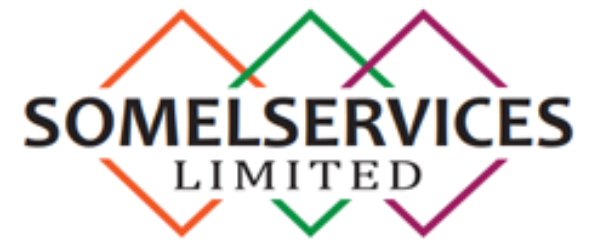In today’s complex work environment, **understanding the role and impact of trade unions** is critical for both **employees and employers**. This **intensive course** delves into the **inner workings of trade unionism within organizations**, equipping you with the knowledge and skills to:
**Target Audience:**
* **Unionized and non-unionized employees:**
* Seeking to **understand their rights and responsibilities** within the framework of trade unionism.
* Aiming to **participate effectively** in union activities and collective bargaining processes.
* Desiring to **build strong relationships** with both unions and management.
* **Human Resource professionals and managers:**
* Needing to **navigate the complexities of union-management relations** and collective agreements.
* Striving to **foster constructive dialogue and collaboration** with union representatives.
* Wanting to **promote fair and equitable work practices** within the organization.
* **Individuals with an interest in labor relations, social justice, and worker advocacy.**
**Course Objectives:**
* **Introduction to Trade Unionism:**
* Explore the **historical roots and philosophical underpinnings** of trade unionism.
* Analyze the **key functions and objectives of trade unions** in the modern workplace.
* Understand the different **types of trade unions** and their organizational structures.
* **Collective Bargaining and Agreements:**
* Demystify the **collective bargaining process** and its importance in securing worker rights.
* Analyze the **key elements of collective agreements**, including wages, benefits, and working conditions.
* Learn to **interpret and apply the terms of a collective agreement** in everyday situations.
* **Union Representation and Rights:**
* Discover the **roles and responsibilities of union representatives** within the organization.
* Understand the **rights of unionized employees** under labor laws and collective agreements.
* Explore **mechanisms for resolving grievances and disputes** between unions and management.
* **Trade Unions and Organizational Change:**
* Analyze the **impact of organizational changes** such as mergers, restructuring, and technological advancements on trade unions.
* Learn how unions can **advocate for workers’ interests during change processes.**
* Explore strategies for **building collaborative relationships** with management during times of change.
* **The Future of Trade Unionism:**
* Discuss the **challenges and opportunities facing trade unions** in the 21st century.
* Explore **emerging trends in labor relations** and their implications for unions.
* Consider the **potential role of trade unions in promoting social justice and worker well-being** in the future.
Course Methodology:
- **Interactive lectures:** Engaging presentations with real-world case studies, guest speaker insights, and historical contexts.
- **Role-playing activities:** Simulate collective bargaining negotiations, grievance procedures, and other union activities to gain practical experience.
- **Group discussions and debates:** Foster critical thinking and diverse perspectives through interactive learning activities.
- **Optional online community platform:** Access additional resources, connect with instructors and peers, and continue learning beyond the course.
Course Benefits:
- **Gain a comprehensive understanding of trade unionism in an organizational setting.**
- **Develop skills for effective participation in union activities and collective bargaining processes.**
- **Build your knowledge of labor laws and collective agreements to protect your rights as an employee.**
- **Improve your ability to collaborate and negotiate with unions as a manager or HR professional.**
- **Contribute to building a more just and equitable workplace for all.**
**Ready to navigate the power dynamics of trade unionism and unlock its potential for positive change?** Enroll in this Trade Unionism in an Organization course and embark on a transformative journey towards workplace understanding and collaboration.


